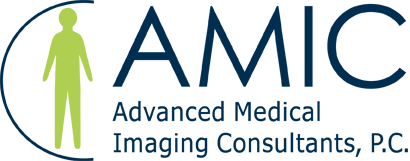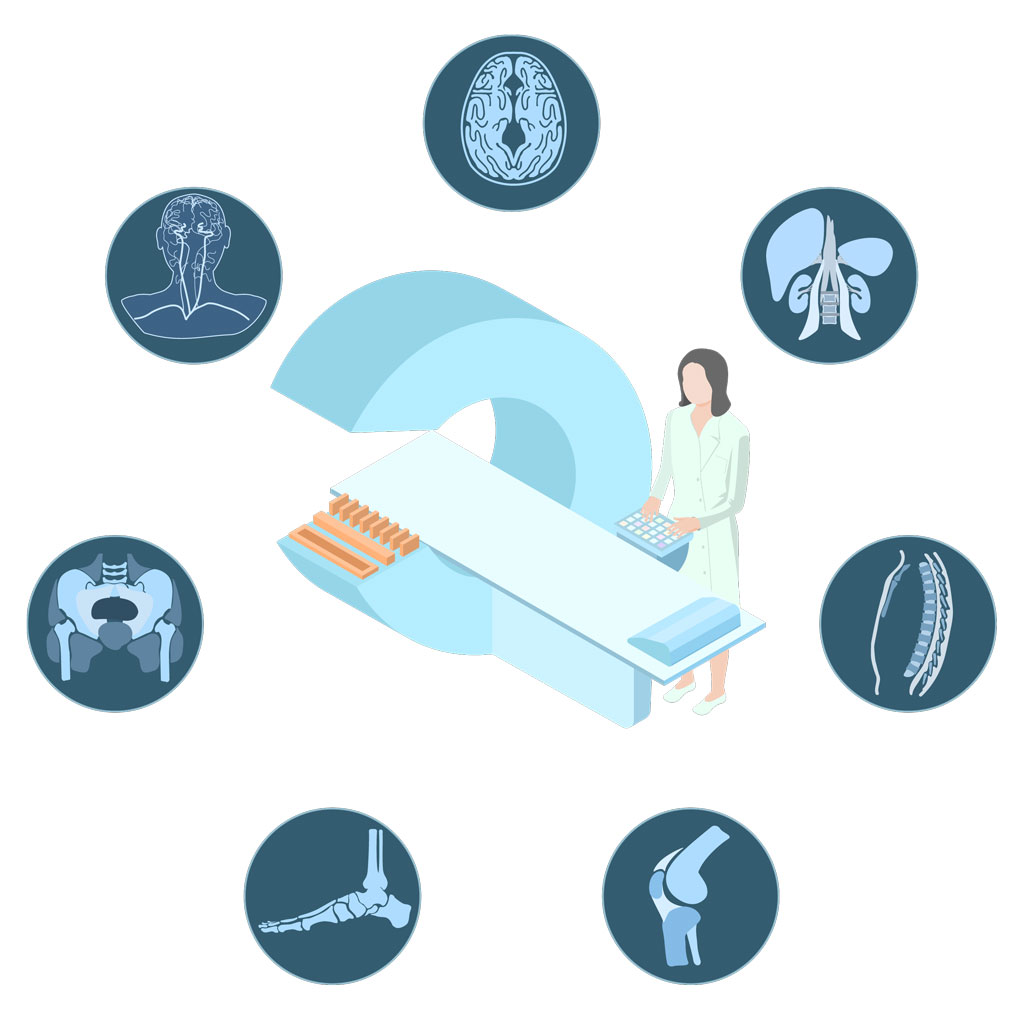Diagnostic Imaging Overview
Doctors use various imaging techniques to diagnose a wide range of medical conditions. Imaging technology allows them to gain a more detailed look at different organs, tissues, and bones. Some of the most common diagnostic imaging techniques used by doctors include MRI, CT, X-ray, ultrasound, and PET scans. Your doctor will select the test which will best help diagnose your condition. Continue reading to learn about the uses of standard diagnostic imaging techniques.
Magnetic Resonance Imaging (MRI)
MRI is helpful for looking at soft tissue and the nervous system. It uses magnetic fields and radio waves to produce images of structures inside your body. Doctors frequently use MRI to evaluate organs of the chest and abdomen as well as pelvic organs. MRI scans are used for a variety of purposes from brain disorders to detecting tumors. MRI does not involve any radiation.
Computed Tomography (CT)
CT scans are used for many of the same purposes as MRI scans. However, CT scans produce images of bones in addition to soft tissues. If a doctor needs to view soft tissues, he or she will likely prescribe an MRI scan. CT is often used for bone injuries and larger areas such as the lungs.
X-Ray
X-rays are most commonly used to examine bones and joints. They can also look at soft tissues, showing possible abnormal masses. For instance, X-rays can detect pneumonia in the lungs and heart failure. They can be used to evaluate most areas of the body.
Ultrasound
Ultrasound imaging uses sound waves to produce images of the body. Doctors often order ultrasounds to examine the heart, blood vessels, female reproductive organs, bladder, liver, or kidneys. An ultrasound can help diagnose the cause of pain or swelling in certain internal structures
Positron Emission Tomography (PET)
PET scans can show how well your internal organs are working. PET shows activity at the cellular level, and it can be more sensitive than other types of imaging. A PET scan can detect early signs of cancer, brain conditions, and heart disease. Often, PET will detect abnormalities before CT or MRI scans do.
Imaging at Advanced Medical Imaging Consultants (AMIC)
AMIC affiliate locations offer a full range of medical imaging tests. If you are interested in diagnostic imaging, please choose the location most convenient for you at https://amicrad.com/about-us/locations/.

